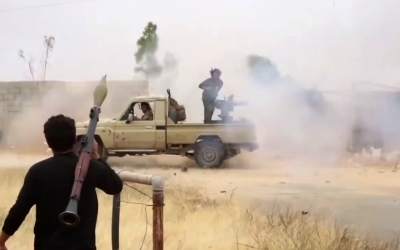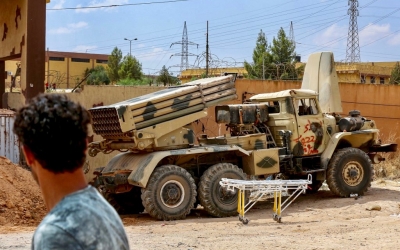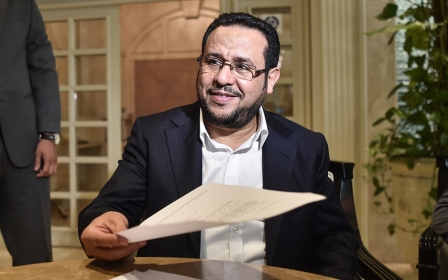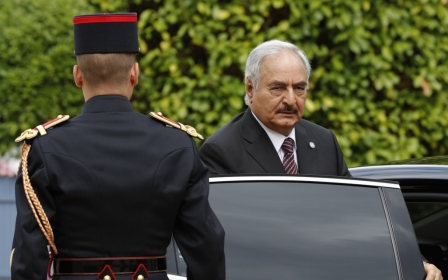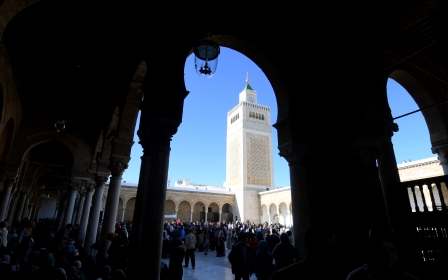US senator demands investigation into how weapons sold to UAE ended up in Libya
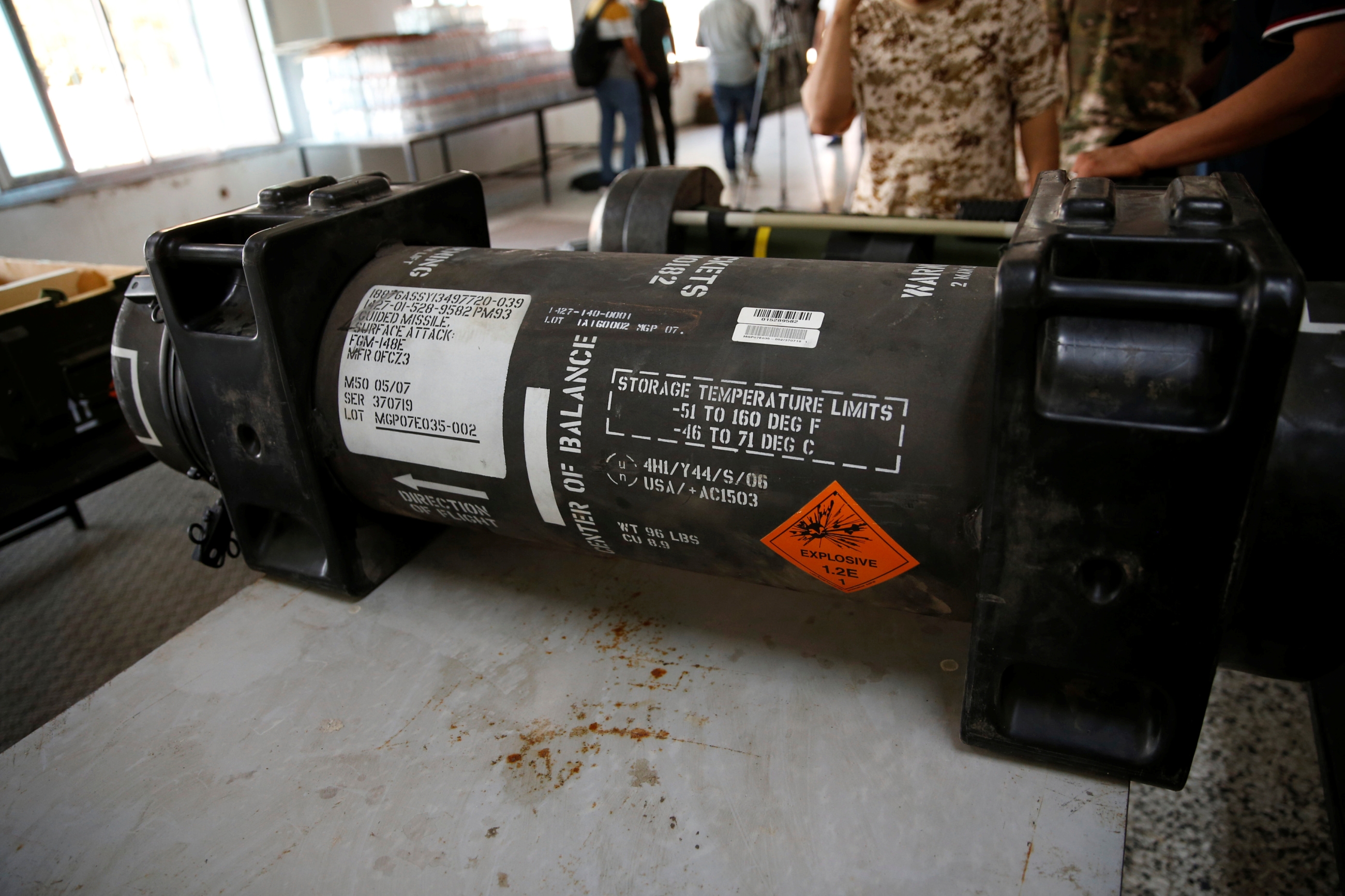
A ranking United States senator has called for a full investigation into allegations that US weapons sold to the United Arab Emirates were transferred to forces loyal to Libyan rebel commander Khalifa Haftar.
In a letter addressed to US Secretary of State Mike Pompeo that was released on Tuesday, Senator Bob Menendez said an arms transfer to Haftar's National Liberation Army (LNA) "would appear to be a serious violation of United States law".
"Such a transfer would also almost certainly be a violation of the UN arms embargo on Libya," wrote Menendez, the top Democrat on the Senate Committee on Foreign Relations.
Libyan government forces allegedly uncovered four Javelin anti-tank missiles after taking control of an LNA base south of Tripoli last week, the New York Times reported on Friday.
According to the newspaper, the missiles were held in shipping containers that indicated they were sold to the UAE in 2008.
In a statement on Tuesday, the UAE's foreign ministry denied ownership of the weapons, Reuters reported.
The ministry also reiterated its commitment to the United Nations' security council resolutions on sanctions and arms embargo.
Officials at the State Department and Defense Department said on Friday that they had opened investigations into how the weapons ended up on the Libyan battlefield, the Times reported at the time.
"We are aware of these reports and are seeking additional information. We expect all recipients of US origin defense equipment to abide by their end-use obligations," a State Department official said in a statement, as quoted by the newspaper.
A spokeswoman for the Department of Defense declined to comment further on the matter, the Times reported.
A transfer of US weapons from the UAE to Libya would be a violation of the 2011 UN arms embargo on the country, and would likely violate the weapons sales agreement made with the US.
In his letter to Pompeo, Menendez said he was particularly alarmed by the fact that the US plans to ship some of the same weapons found in Libya to the UAE as part of a contentious $8.1bn arms deal.
In May, Donald Trump invoked a state of emergency to greenlight that sale - and push the transfers to the UAE and Saudi Arabia through without congressional oversight.
"Mr. Secretary, you are surely aware that if these allegations prove true you may be obligated by law to terminate all arms sales to the UAE," said Menendez, who has been one of the most vocal critics of the multi-billion dollar arms sale.
UAE support for Haftar
The UAE has been a supporter of rebel-leader Haftar for years, and the country has been accused of providing weapons to the general's forces on multiple occasions.
In 2017, leaked emails between the Emirati ambassador to the US, Yousef Otaiba, and then-US national security adviser Susan Rice indicated that the US may have known about other illegal arms shipments sent from the Gulf state to Libya.
That same year, a UN Security Council report leaked to Middle East Eye found that the UAE had illegally shipped weapons to rebels loyal to Haftar in 2014.
Haftar's LNA, which holds eastern Libya and much of the country's south, launched its offensive on the country's capital in early April.
LNA forces had advanced rapidly at the start of the offensive, but forces backing Libya's internationally recognised Government of National Accord (GNA) have brought the advance to a standstill in recent weeks, pushing back LNA forces on the southern outskirts of Tripoli.
While the US and other Western powers officially back Libyan Prime Minister Fayez al-Sarraj's GNA, his administration has accused several countries, most notably France, of covertly backing Haftar.
Last month, Trump spoke on the phone with Haftar. The White House said in a statement that the US president "recognised Field Marshall Haftar's significant role in fighting terrorism and securing Libya's oil resources".
Middle East Eye delivers independent and unrivalled coverage and analysis of the Middle East, North Africa and beyond. To learn more about republishing this content and the associated fees, please fill out this form. More about MEE can be found here.


